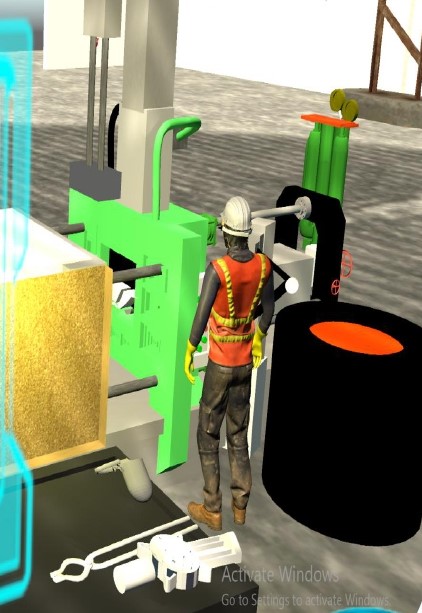Operator Accountability for Quality Control in Die Casting Plants
Written By –
In the intricate world of manufacturing, precision and quality control are of utmost importance. Among the various processes, die casting stands out for its efficiency and versatility in producing intricate metal parts. However, even with advanced machinery and meticulous inspections, some die casting plants face persistent challenges in ensuring consistent quality output.
A notable scenario unfolds in certain die casting plants employing High-Pressure Die Casting (HPDC) machines. Here, a unique operational pattern is observed – two operators alternating shifts every hour, each taking a full hour of rest in turn. While this arrangement may seem equitable, it inadvertently fosters a lack of individual operator accountability, which has significant implications for product quality.
Despite the presence of seasoned operators, boasting 10 to 15 years of experience, and the implementation of rigorous quality checks, rejection rates persist. The process involves 100% inspection by a third-party, followed by the application of aluminium paste to conceal any detected defects. However, this reactive approach to quality management fails to address the root cause of the issue.

The crux of the problem lies in the absence of pressure on operators to mitigate defects during the casting stage. Supervisors and management, albeit present in the hierarchy, fail to hold operators accountable for their role in ensuring defect-free castings. Consequently, a complacent culture prevails, where operators perceive their responsibility as limited to operating the machinery rather than actively contributing to quality control.
The repercussions are far-reaching, as the prevailing mindset seeps through the ranks, perpetuating the belief that defects and subsequent rework are inevitable facets of die casting operations. This not only undermines the plant’s reputation but also erodes customer trust, evidenced by the persistence of complaints despite remedial efforts.
Addressing this conundrum necessitates a paradigm shift in approach. Central to this transformation is reinstating operator accountability and instilling a culture of proactive quality control. Operators must be empowered with the necessary skills and knowledge to identify and address defects at the source, rather than relying solely on downstream interventions.
Furthermore, the practice of 100% inspection at the casting stage should be reevaluated. Instead, emphasis should be placed on preventive measures, such as comprehensive training programs and robust process controls, aimed at minimizing defects from inception. This holistic approach not only enhances product quality but also cultivates a sense of ownership among operators, fostering a culture of continuous improvement.
In conclusion, the efficacy of die casting operations hinges on a delicate balance between technological prowess and human accountability. By redefining the role of operators and fostering a proactive approach to quality control, die casting plants can navigate the complexities of manufacturing with confidence, ensuring unparalleled excellence in every cast.


Follow us on social media to stay updated with our latest blogs!
Youtube
Transform Your Diecasting Today!
Partner with SDS to unlock unparalleled efficiency and quality in your diecasting operations.
